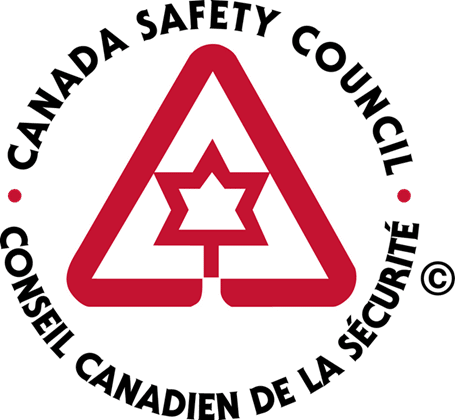Lower Blood Alcohol Limit Could Jeopardize Progress Against Impaired Driving
Ottawa ~ Yet again, the House of Commons justice committee is considering a lower blood alcohol level for the Criminal Code. Major safety organizations oppose the proposal to move from 80 milligrams of alcohol to 100 millilitres of blood, down to 50.
“Public safety is best served by dealing with drivers whose blood alcohol is below 80 outside the Criminal Code,” Canada Safety Council’s past president Emile Therien told the committee on February 25. “Criminalizing at 50 will compromise Canada’s fight against impaired driving.”
A recent survey of crown prosecutors and defense counsels found impaired driving cases are taking longer and longer to process: convictions can take up to a year or more.
Therien said delays will only increase if criminal charges were laid below the current level. The reason, he explained, is that people challenge a criminal charge due to the severe consequences of a conviction. No one wants a criminal record. Outside the Criminal Code, consequences are much more sure and immediate, which creates a much more effective deterrent.
He pointed to the confusion that has resulted from last year’s changes to Canada’s impaired driving laws, which were part of the Tackling Violent Crime Act passed in July. Lowering the limit would lead to court challenges, further clogging the justice system. If the overload leads to unduly long delays, cases would simply be dismissed.
Provinces and territories across Canada are strengthening their measures to deal with drinking drivers below the current criminal limit. These moves are part of Canada’s National Strategy to Reduce Impaired Driving, and are proving effective. For example, Ontario is adding administrative license suspensions to the driver record and increasing those suspensions from 12 hours to three days and longer.
The proposed change to the Criminal Code is being introduced without reference to the national strategy, a longstanding and highly successful partnership of Transport Canada with all provincial and territorial jurisdictions and many safety organizations. The Canada Safety Council warned that unilateral action to criminalize at a lower threshold would compromise the well thought-out, evidence-based strategy.
The Canada Safety Council stressed that Canada is making progress in the fight against impaired driving. The problem group is those who drive at levels much over the legal limit. About a third of all impaired driving cases. To the Canada Safety Council, that means the priority should be to ensure remedial programs are part of the sentencing, and are readily available.
Canada’s current impaired driving laws are already among the strictest in the western world, and most countries using a BAC below 80 do not impose penalties as tough as our Criminal Code.
Contacts:
Mr. Emile Therien
Past president Canada Safety Council 613-737-4965Mr. Raynald Marchand
General Manager, Programs, Canada Safety Council 613-739-1535 (x226)Ms. Valerie Powell
Communications and Media Coordinator, Canada Safety Council 613-739-1535 (x228)
